The Ages of Cthulhu – The Jazz Age
April 9, 2012 by beerogre
The Golden 20s
Without doubt the favourite period and the age that gets the most recognition is the 1920s… or the Roaring 20s as it has come to be known.
It’s an age of self-indulgence and high fashion. The horrors of the First World War are at an end, but the scars of that terrible conflict linger on. With many soldiers bearing physical and mental scars that will never truly heal.
In the US, the economy is booming, it is a time of decadence, as clubs and speakeasies flout the prohibition laws and it seems that this age of plenty will never end. Gangsters battle in the back alleys with Federal Agents, while Flappers dance the nights away with the stars of the silver screen.
In the game of Cthulhu, this backdrop is played out as the thin charade it is… decadence quickly leads to depravity… this is the Age of Aleister Crowley, of darker pleasures taken at the risk of mind and body… of secret addiction and the taste of forbidden pleasure. Behind all these things lies the brooding presence of the Elder Gods. It is within their power to grant pleasure and power beyond all mortal reckoning, but to taste of these is to risk ones sanity and inevitable destruction… at best, those who have contact with these dark powers become pawns (willing or unwilling) in their labyrinthine schemes… at worst, they are consumed, body and soul, never to be heard from again.
Outside of the bustling cities, the countryside is in the grip of a malaise, in the stories it is as if the prosperity and technology of the age has only barely had an impact in these places and is often actively resisted. The telephone is a new invention and a town will be lucky to have more than a handful, while a village may have one in an important building. New England towns like the famous Arkham and Innsmouth are the setting for many adventures. It is the chance for the modern 20s character to effectively step out of their comfort zone and immerse themselves in a place where they feel isolated, both physically and mentally, surrounded by superstitious and xenophobic locals.
In Europe, the war has left a festering scar on the psyche of a cotenant. In Germany and Italy, the rise of the Nazi and Fascist parties throws their respective countries under a jackbooted heel and their neighbours tremble as those nations turn their attentions outward. The so-called “lost generation” of poets wrote of disillusionment and an entire generation of returning soldiers spoke of emptiness, after four years of devastating war. Meanwhile, in the north, the Soviet Union is established and the likeness to a great Bear on the doorstep is a popular theme in national newspapers.
In the game of Cthulhu, Europe is a much darker place than the US. Politics has taken a sinister turn and many of the popular parties site “power by any means” as their guiding tenant. The cities of Europe are dark and dismal places, factories belch black smoke in an effort to rebuild their country’s post-war economy at the cost of the health of their workers and those living nearby. So it is that those with means tend to leave the cities regularly to attend country retreats and health spas. Indeed the “Spa Towns” of England and France are the ideal base for people of leisure, who tend to make up the majority of characters in any Cthulhu gaming group.
However, Europe is a blood-soaked and ancient place and is often depicted as a mixture of the mysterious and the charnel, with battlefields marring the land of the continent and remote British towns seemingly untouched by the modern world.
The rest of the world is only just starting to be explored... darkest Africa and the mysterious East are each potential places where travellers can find adventure. Commercial air travel is becoming more affordable, which allows access to areas of the world that would previously taken months of travel by sea to reach. Perhaps in a later article, we will discuss some of the more mysterious areas of the Earth and give you some ideas on games you could run there.



































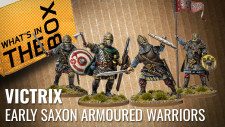






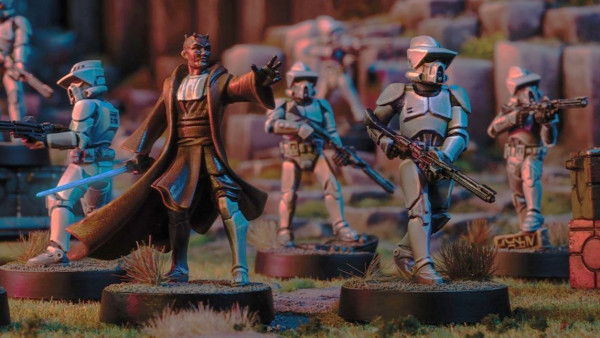
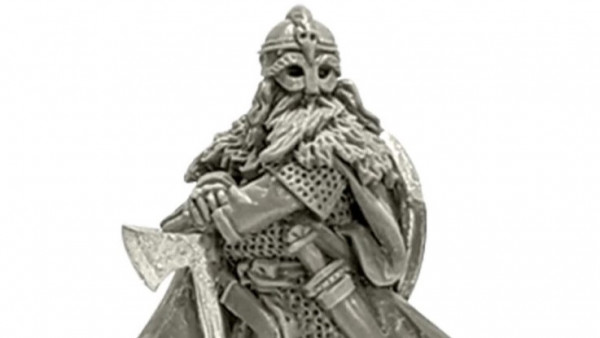
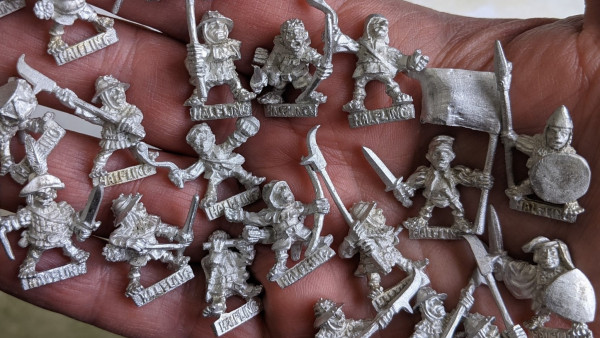
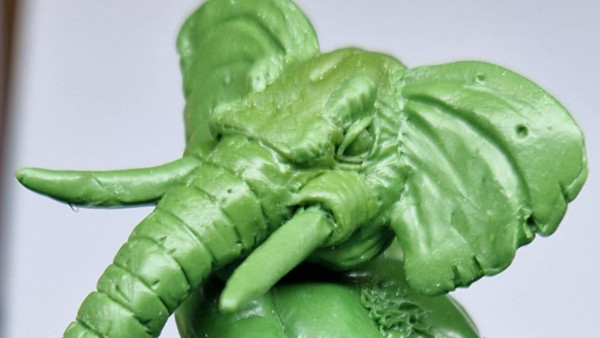
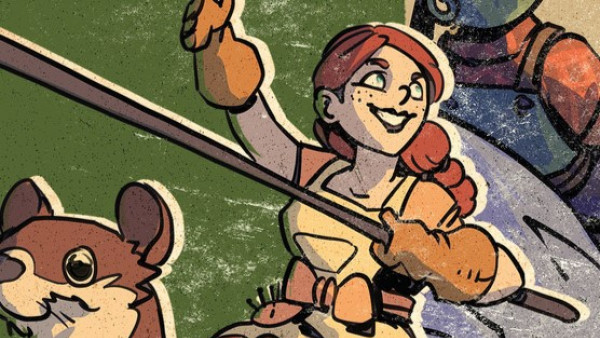


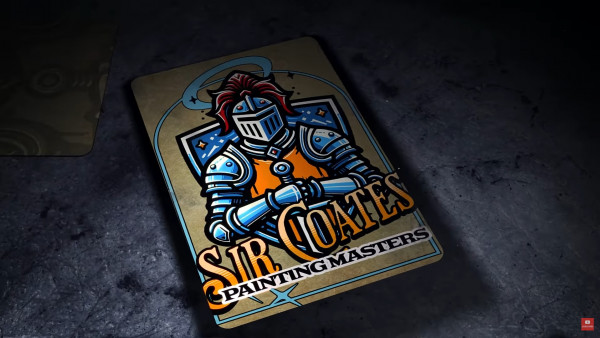
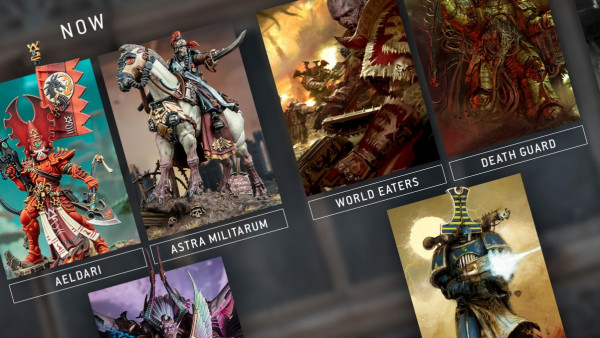
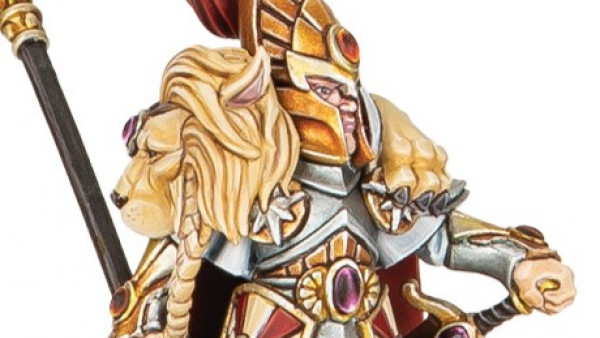

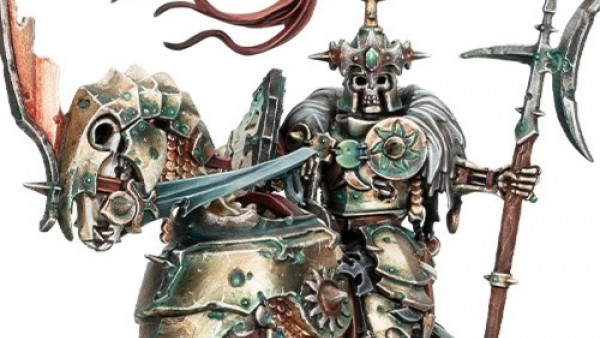
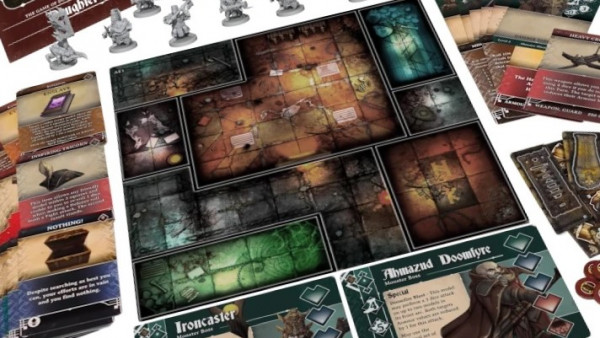


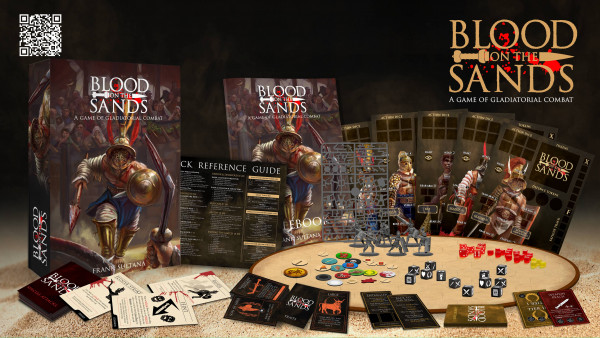
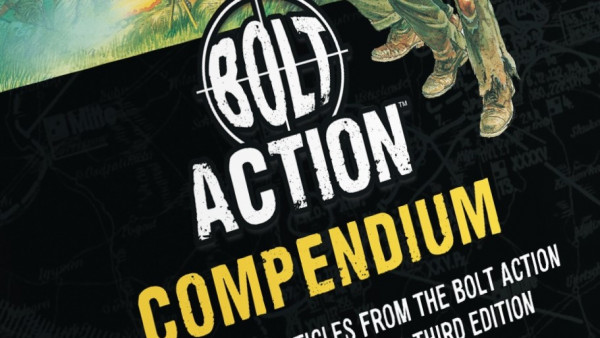
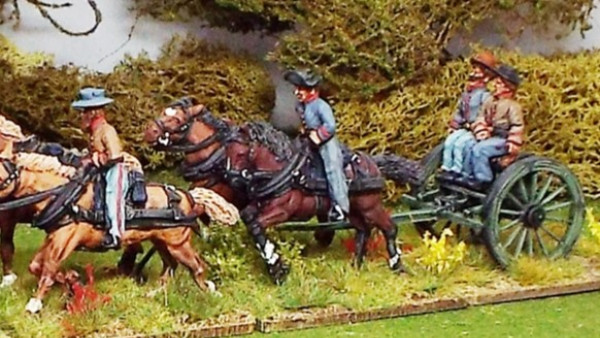

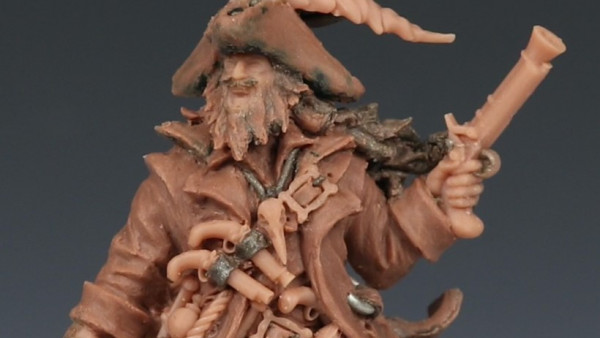
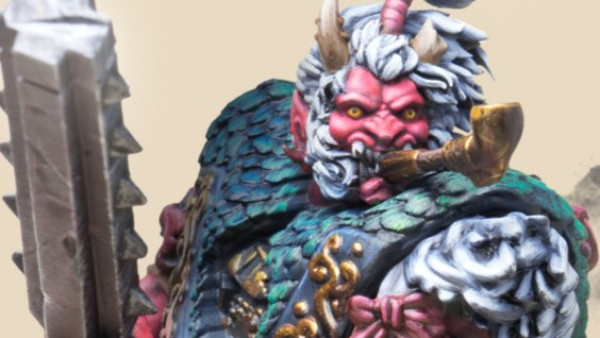
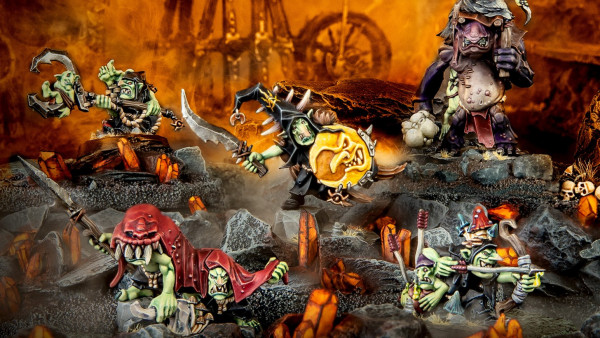
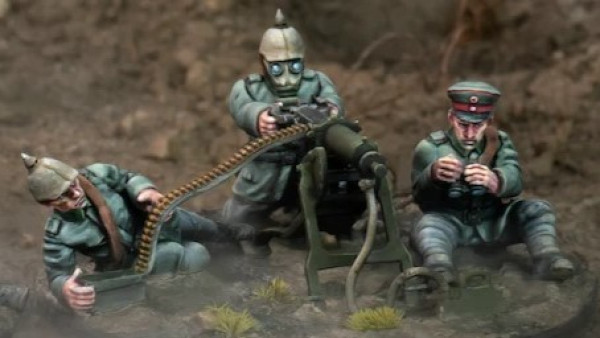
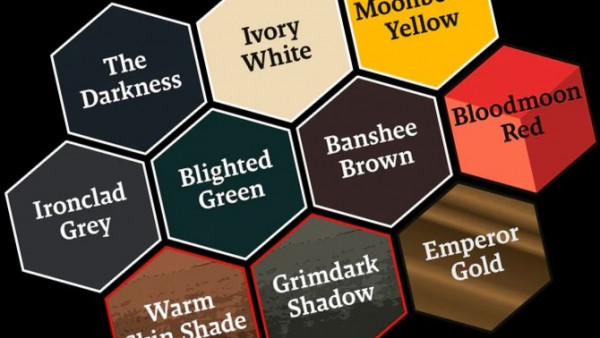
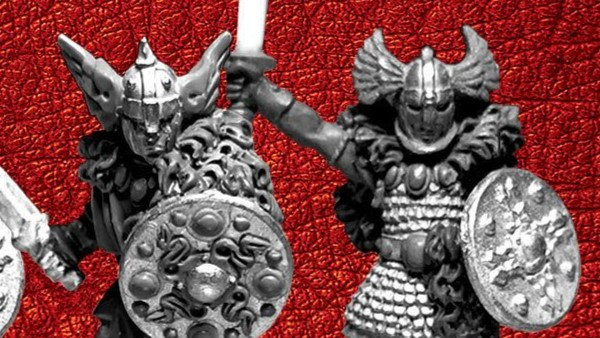

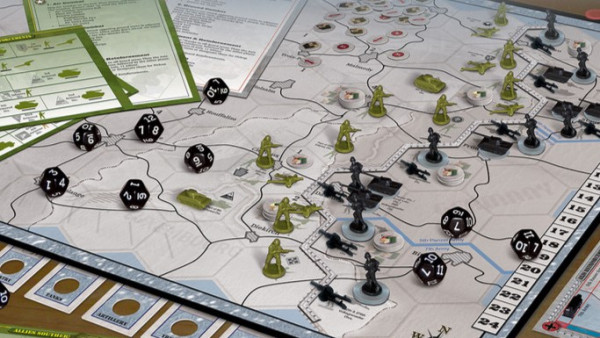
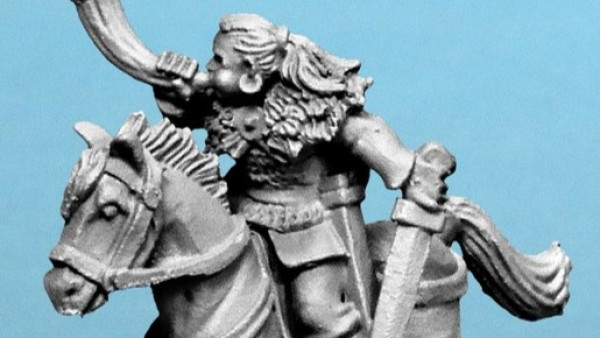



That was intresting to read.
Inter-esting as well.
You might had noticed that I am not native english speaker so I tend to make some spelling mistakes even if try not to.
Don’t worry mate, we all make typos anyway 😉
Too right. Just don’t double check my articles.
BoWQ Sam
Nice evocation of the times Andy.
Now I can’t get the image of Cthuhlu wearing a long string of beads and doing the Charleston out of my head. Arrgh I am going mad.
@bubbles15
Mecha only accidently dropped an e. It isn’t like he is doing drugs or something.
That’s a good look at that time for a Cthuhlu game. Has anyone done the present age for a theme?
@manpug … I’ll be doing a quick write-up on Modern Age Cthulhu (and Dark Age). Look out for it next week.
I’ve always been a huge fan of the 20’s for small games, even though my campaigns always seem to revolve around the almost as familiar 30’s. I’ve played “The Masks of Nyarlathotep” (which is probably one of the best RPG campaigns ever written) and now I’m involved in “Beyond the Mountains of Madness” both set in the 30’s. The stench of WW2 is much more evident, the world is struggling with the economy afther the crash in 1929, and you can even use proper Nazis as baddies. I’ve never been a great fan of the Chaosium D% system, which is… Read more »
Sorry, I misspelled the name: Dennis Detwiller. 😛